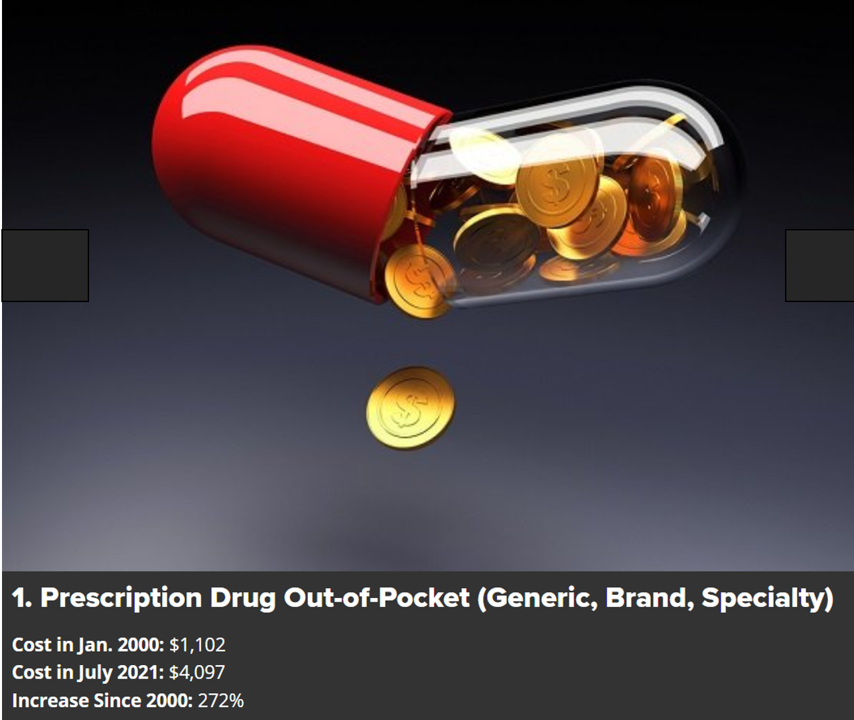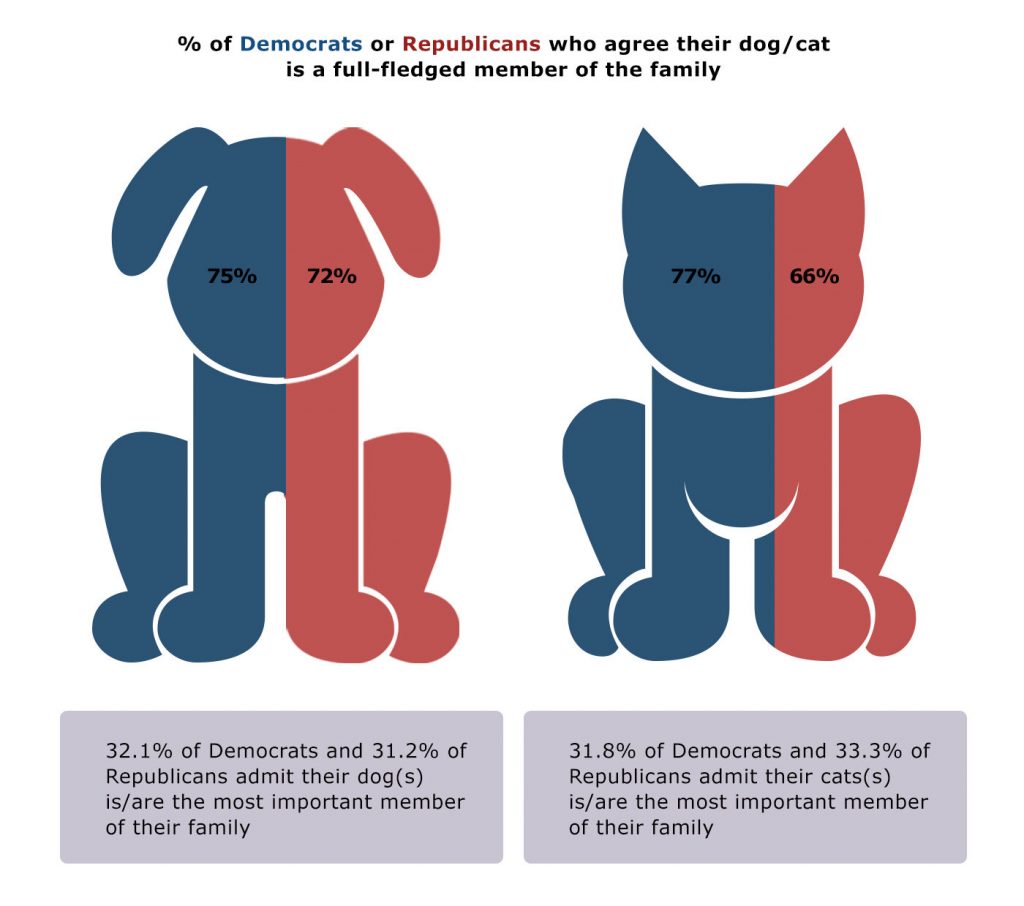![]()
Most U.S. adults across political parties favor allowing the Federal government authority to negotiate for drug prices — even after hearing the arguments against the health policy.
Drug price negotiation, say by the Medicare program, is a unifying public policy in the current era of political schisms in America, based on the findings in a special Kaiser Family Foundation (KFF) Health Tracking Poll conducted in late September-early October 2021.
Overall, 4 in 5 Americans favor allowing the Federal government negotiating power for prescription drug prices, shown in the first chart from the KFF report.
By party, nearly all Democrats agree with the negotiating power by the Feds, followed by 4 in 5 Independents and almost as many Republicans.
![]()
This study then dug deeper into the common arguments in current media campaigns launched by lobbies and advocates on the pro and con sides of Rx price negotiation:
- The innovation argument against price negotiation, asserting that lowering prices would lead to fewer new drugs being available in the future
versus
- The affordability argument, noting that Americans pay higher prices than health citizens in other countries, with many unable to afford their medicines and drug company profits too high.
By political party ID, the innovation argument wins the only majority by party among U.S. adults over 65 years of age.
By far, the affordability argument attracts majorities of U.S. health citizens across the three parties, and people of all ages including those over 65.
A very few Democrats over 65 buy into the innovation argument — 18%, compared with 53% of Republicans over 65.

Health Populi’s Hot Points: Since 2000, among the top 10 fast-growing costs for older Americans are four key health cost line-items: prescription drug out-of-pocket costs, Medicare Part B costs, Medicare out-of-pocket costs, and veterinary costs, according to a review in THINKAdvisor.
The graphic shown here from Ginger Szala’s review calculates the cost increase since 2000 for prescription out-of-pocket costs (covering generic, brand, and specialty drugs), up 272%. The actual dollar costs grew from 1,102 in January 2000 to $4,097 in July 2021, according to this source.
Health care financial management is now embedded into consumers’ health care experience, impacting engagement, medication adherence, and trust with health care providers, drug manufacturers, and health plans who may or may not cover a particular brand for first-line therapy.
This patient experience crosses political parties in the U.S., driving Republican voter responses to the affordability argument more than toward the innovation context in the KFF study.
I have included veterinary services among the four health/care cost growth items in this discussion because the pet economy has become quite integrated into daily consumer life — and that blurs into health and wellbeing for many people, particularly in and beyond the pandemic.
 I mentioned Chewy, the ecommerce pet-health company, in my post yesterday as part of a conversation on what we can learn from the company in its response to consumers in the COVID-19 era. Chewy expanded its portfolio of services for our fur babies to include telehealth for consulting with vets in virtual care mode. Much like the human-focused GoodRx, SingleCare, Nurx, Hims & Hers, and other tele-Rx services, we see the retail health ecosystem growing in this way for both human and animal health.
I mentioned Chewy, the ecommerce pet-health company, in my post yesterday as part of a conversation on what we can learn from the company in its response to consumers in the COVID-19 era. Chewy expanded its portfolio of services for our fur babies to include telehealth for consulting with vets in virtual care mode. Much like the human-focused GoodRx, SingleCare, Nurx, Hims & Hers, and other tele-Rx services, we see the retail health ecosystem growing in this way for both human and animal health.
For both, financial wellness is bound up in the health care experience. And I haven’t seen any polls showing that Democrats love their dogs and cats any more or less than Democrats do. Thanks to Cramer-Krasselt for doing that research and creating this insightful graphic from the 2020 “Red Pets vs. Blue Pets” study.
The post Support for Drug Price Negotiation Brings Partisans Together in the U.S. appeared first on HealthPopuli.com.
Support for Drug Price Negotiation Brings Partisans Together in the U.S. posted first on https://carilloncitydental.blogspot.com
No comments:
Post a Comment